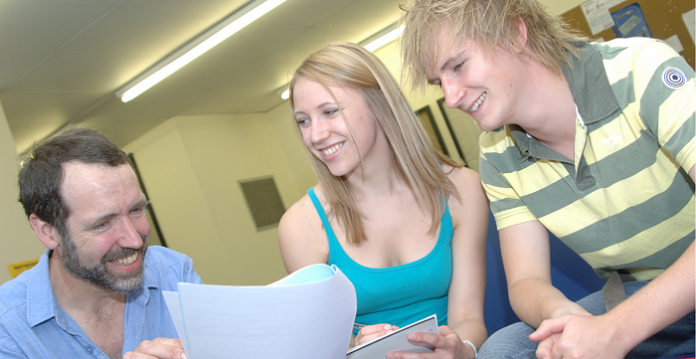Could the advent of the teaching excellence framework (TEF) see the emergence of a new breed of data-empowered academic advisors? Student experience consultant Brian Hipkin says the growth in student-generated ‘teaching excellence’ metrics could herald the introduction of this role.
Universities are about to find themselves knee deep in data, if not they will soon be wishing that they were. What was once kept locked secure in the depths of the university planning department and only allowed out in secret squirrel messages to the Higher Education Statistics Agency and, if they found out about it in time, the vice chancellor; will very soon be appearing on a ‘dashboard’ near you.
This growth in student-generated data is far from strategic. The growth of VLEs, attendance monitoring systems, Turnitin, advances in library systems, more recently bursary management systems and sophisticated e-book platforms have been silently creating data for number of years. When this is put into a coherent student-centred format it becomes gold dust.
The alchemists in this process is that endangered species the academic advisor. Their once central role giving support and advice to students has declined in the face of professionalised dedicated student services and the extent that students’ lives have grown more complex.
The introduction of student loans, the necessity of part time work, complex modular degrees and now visas; have all rendered the academic advisor ‘amateurs’ in a world that increasingly requires ‘professional’ advice and guidance. However, across the sector universities are resurrecting systems of academic advising. Why? This is where the new world of ‘data, data everywhere and not a drop to link’ opens up a potential game changing opportunity to reinvent the role of academic adviser.
Remarkably predictable
Students’ issues although experienced at the individual level are remarkably predictable both in their nature and in the time they occur throughout the academic year.
The European Conference on the First Year Experience is now in its tenth year and boasts an impressive track record of research almost exclusively based on practical experience of the issues facing new students across Europe. This research demonstrates that although the university systems they find themselves in may differ students are a remarkably predictable lot.
Whilst the first few weeks of academic life have benefited from fairly intensive scrutiny the rest of a student’s time at university, is massively under-researched by comparison. Prof Liz Thomas’s report ‘What Works’ is an honourable exception in a comparative desert of evidence.
The rise of professional support services and sometimes consequential atrophied systems of academic advising has had some strange consequences. There has been a rapid growth in knowledge around the issues that face students today and the systems to support them, but awareness of what is available now rarely makes it through the wall between the silos of ‘professional services’ and ‘academics’.
Data-empowered academics
The new possibilities of a data-empowered academic advising will always be less than it could be whilst this wall exists between the new data user (academic advisers) and those with knowledge on the human individual levels of students issues (professional support services).
In the wonderful new TEF-filled world of student-generated ‘teaching excellence’ metrics it will be the new breed of academic advisors that will be given access to their advisees’ personalised data probably via a brought in commercial ‘dashboards’. However, they will be working blind unless they can work cooperatively across the divide with their student services colleagues who have the human level information to transform that data into action.








